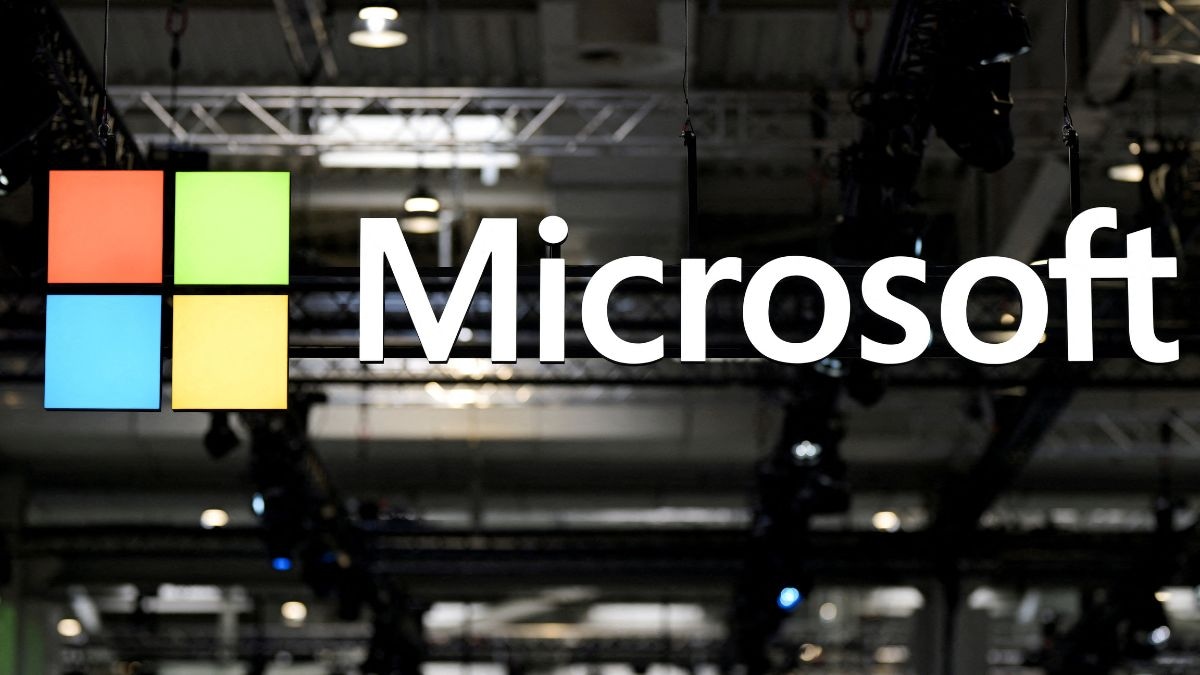Tech giant Microsoft has signed a deal to buy 4.9 million metric tonnes of organic waste, which includes human waste, manure, food scraps, agricultural residue, and paper sludge. The deal with Vaulted Deep will begin in 2026 and run for 12 years. Notably, this company collects a mix of human and agricultural waste, known as ‘bioslurry’, and injects it far below the Earth’s surfaceread more
Tech giant Microsoft is buying 4.9 million metric tonnes of organic waste, which includes human waste, manure, food scraps, agricultural leftovers and paper sludge.
The company plans to inject the human waste deep underground using a large, pressurised syringe.
ALSO READ |
Space junk: Why Nasa is offering $3 million to recycle astronaut waste in space
This deal with Vaulted Deep will begin in 2026 and continue for 12 years.
Notably, Vaulted Deep collects what it refers to as “bioslurry”, and this may include human waste from urban sewage systems, extra manure from farms or sludge from paper manufacturing.
STORY CONTINUES BELOW THIS AD
But why is Microsoft interested in buying human waste? And how will the firm use it?
Let’s take a look:
Why does Microsoft want to buy poop?
Simply put, the tech giant is investing billions to buy 4.9 million metric tonnes of organic waste as part of its environmental goals.
The company has a large carbon footprint. To address this, it is exploring several carbon removal methods, including the underground storage of human and other organic waste.
By using this approach, Microsoft plans to balance out its growing emissions, particularly those linked to its artificial intelligence projects.
Earlier this month, the tech firm announced it would purchase a large amount of durable carbon dioxide removal from Vaulted Deep.
This company collects a mixture of human and agricultural waste, known as “bioslurry,” and injects it far below the earth’s surface.
The company plans to inject the human waste deep underground using a large, pressurised syringe. AI Generated/Representational Image
In return, Microsoft will receive carbon removal credits for every tonne stored underground.
If waste like sewage or manure is left in open land, water bodies, or landfills, it releases carbon dioxide and methane, two major contributors to climate change. It can also create health risks by spreading harmful pathogens.
Julia Reichelstein, Vaulted Deep’s co-founder and chief executive, told The Wall Street Journal, “We’re taking different types of organic waste.
It’s sludgy, often contaminated organic waste that today causes problems above ground, and instead we take the waste and put it really deep underground for permanent carbon removal.”
The waste is in slurry form, neither solid, liquid nor gas, and is difficult to treat. If left untreated, it can lead to chemical runoff and water contamination.
STORY CONTINUES BELOW THIS AD
Vaulted Deep uses natural rock formations to store this slurry deep underground. It then sells carbon credits based on how much carbon it traps below.
At present, the credits are valued at around $350 per metric tonne, as per the report.
ALSO READ |
Did China-linked hackers access US nuclear secrets through Microsoft?
How will this help Microsoft?
Microsoft, which produced 75.5 million tonnes of carbon dioxide between 2020 and 2024, hopes that burying organic waste deep underground will help it reach its emissions goals.
Notably, artificial intelligence tools like Microsoft’s Copilot and others, such as ChatGPT, use a lot of electricity and water. This leads to a rise in carbon emissions from the company’s operations.
Since carbon dioxide and methane are two of the main gases driving global warming, storing waste underground is seen as a practical and cost-effective way to reduce their release.
Microsoft has pledged to become carbon negative by 2030. By 2050, it plans to remove more greenhouse gases than it has produced since it was founded.
Using AI tools consumes a lot of electricity and water, and leads to a rise in carbon emissions. Reuters/File Photo
The company has already bought a large number of carbon removal credits.
According to The Wall Street Journal, it has acquired credits for more than 83 million tonnes of carbon, including 59 million tonnes just this year. This figure does not include the Vaulted Deep deal.
STORY CONTINUES BELOW THIS AD
Brian Marrs, Microsoft’s senior director of energy and carbon removal, told the newspaper that the decision to invest in Vaulted Deep was also influenced by the added environmental benefits of the method.
“They’re essentially taking biosolids, and much of that today is spread over fields,” he said.
“It can create nutrient [runoff] and other pollutants for watersheds, and sealing out that biosolid where it can’t be a nuisance to the environment and where it will not repatriate carbon into the atmosphere—that approach, that co-benefits approach is very, very interesting to us,” he added.

